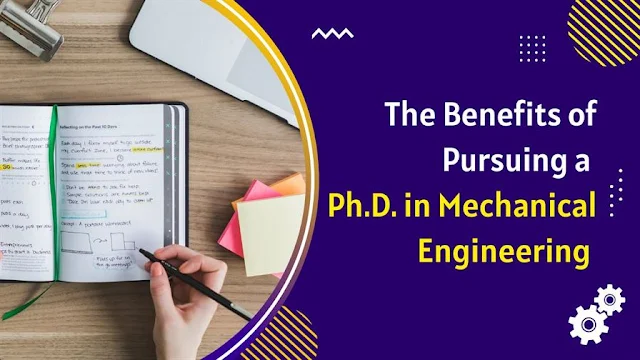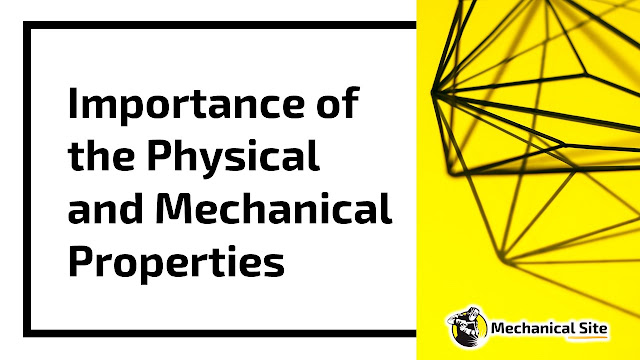The Benefits of Pursuing a Ph.D. in Mechanical Engineering
Mechanical engineering is one of the oldest and most versatile engineering disciplines. A Ph.D. in mechanical engineering can lead to a variety of career opportunities in academia, industry, and government. The curriculum for a Ph.D. in mechanical engineering typically includes coursework in advanced mathematics, physics, and engineering, as well as research in a specific area of mechanical engineering.
{tocify} $title={Table of Contents}
There are many reasons why someone might choose to pursue a Ph.D. after completing a Master’s degree. Here are some of the most common reasons:
- To gain more knowledge and expertise in their field.
- To pursue a career in academia or research.
- To improve their job prospects and earning potential.
- To make a difference in their field or in the world.
- To personally challenge themselves and push themselves to their limits.
Whatever the reason, pursuing a Ph.D. is a big decision that should not be made lightly. It requires a great deal of commitment, hard work, and dedication. But for those who are up for the challenge, it can be an immensely rewarding experience.
1. The benefits of pursuing a Ph.D. in Mechanical Engineering.
Pursuing a Ph.D. in Mechanical Engineering can be a daunting task, but with the right mindset, the benefits can be plentiful. The most obvious benefit of obtaining a Ph.D. in Mechanical Engineering is the increased earning potential. A study by the National Science Foundation found that the median salary for Ph.D. holders in engineering was $112,000 in 2010, while the median salary for those with a master’s degree was only $75,000.
But money is not the only benefit of obtaining a Ph.D. in Mechanical Engineering. The increased knowledge and skills that come with a doctoral degree can also lead to a better career. According to the American Society for Engineering Education, Ph.D. holders are more likely to be promoted to management positions and are more likely to be employed in the private sector. Additionally, a Ph.D. can lead to more opportunities for research and teaching.
So, if you are thinking about pursuing a Ph.D. in Mechanical Engineering, be sure to weigh the pros and cons carefully. But, overall, the benefits of a doctoral degree in this field are clear.
2. The skills that are developed during the Ph.D. program.
The skills that are developed during the Ph.D. program are critical for success in a career in academia. These skills include writing, critical thinking, research, and teaching. These skills are honed during the course of the program, and they are invaluable in a career as a professor.
3. The job opportunities available to someone with a Ph.D. in Mechanical Engineering.
The job opportunities available to someone with a Ph.D. in Mechanical Engineering are many and varied. A Ph.D. allows someone to become a professor at a university, a researcher at a government or corporate laboratory, or a high-level executive at a manufacturing company. Additionally, a Ph.D. gives someone the ability to start their own engineering consulting business.







